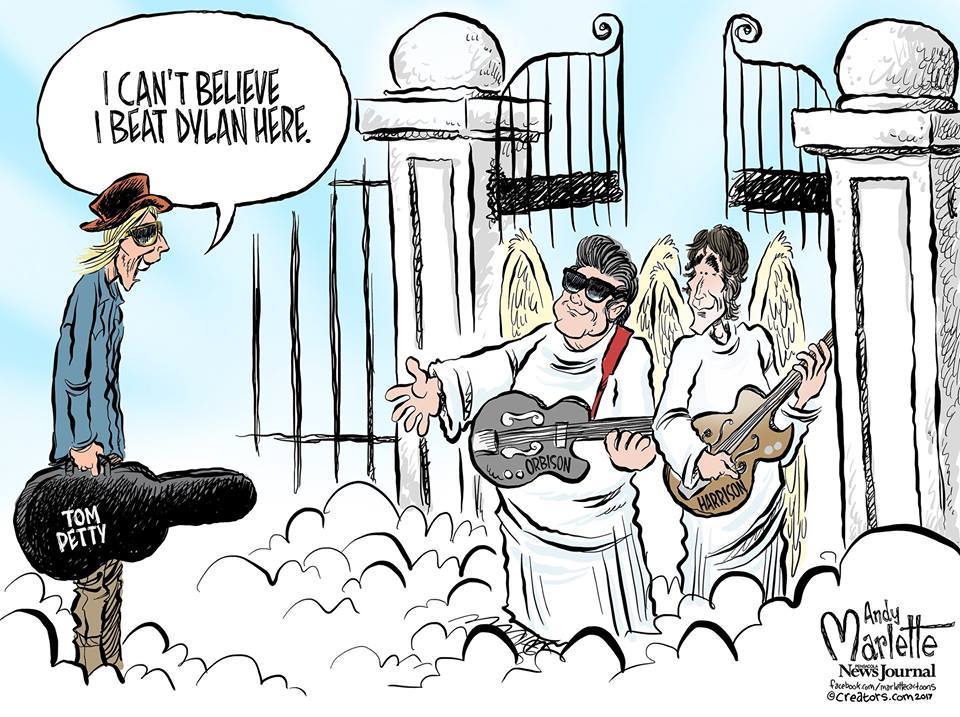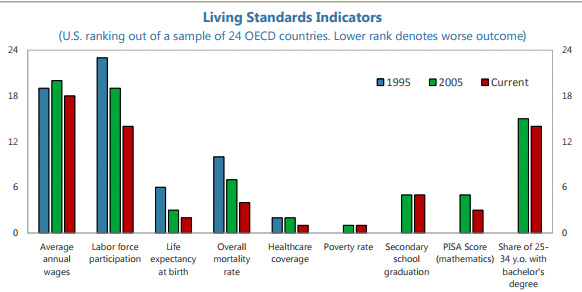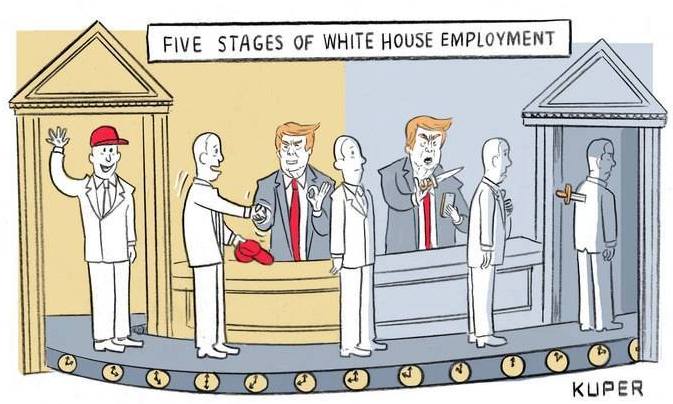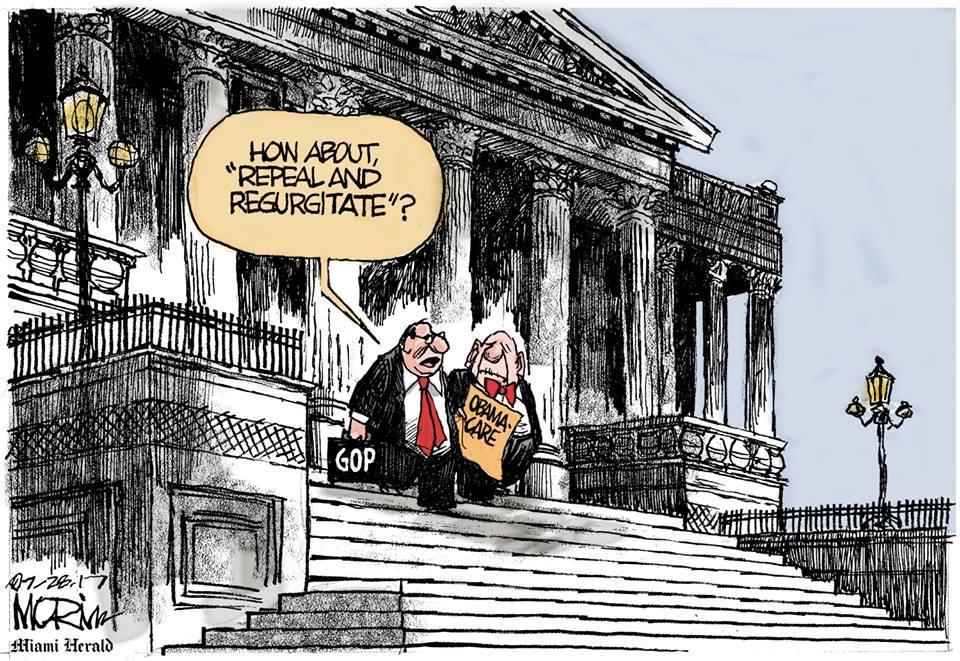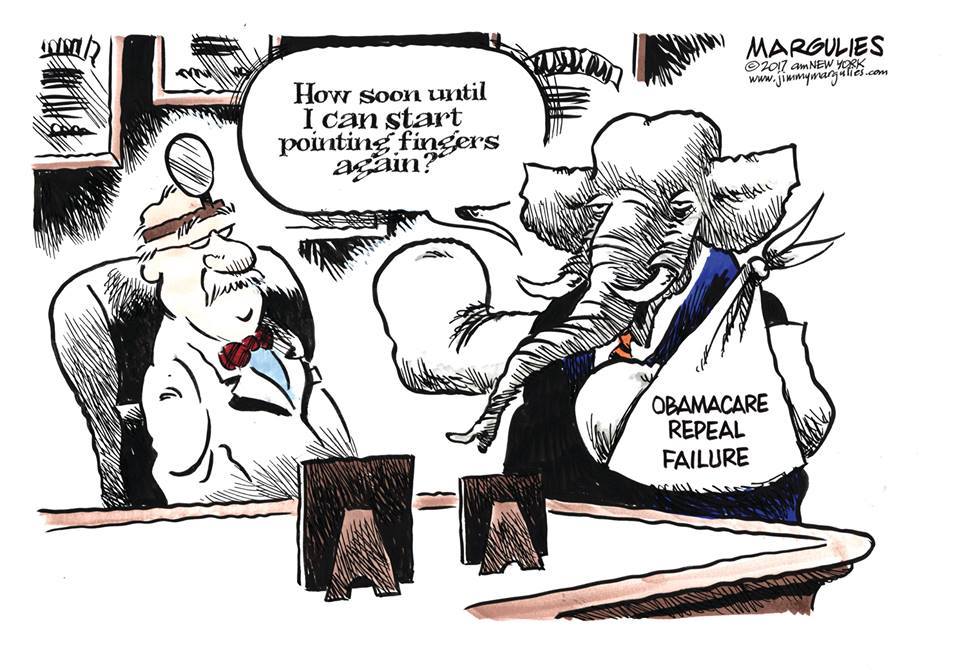The Daily Escape:

Snowy Landscape with Arles in the background – Vincent Van Gogh, 1888
A tradition at the Mansion of Wrong is to attend the annual New Year’s Day Concert at the First Congregational Church of Washington CT, built in 1801. The concert is always by the New Baroque Soloists. This year, the church was packed, and among the guests were Tia Leoni and Tim Daly, the leads in the CBS series “Madam Secretary”. For the sixth year in a row, it was another inspiring performance by the New Baroque Soloists.
Now it is time for a few Wrong predictions about 2018, most of which will probably will be wrong:
- The US economy as measured by GDP will grow at greater than 2% for 2018.
- The US stock market as measured by the S&P 500 index will end 2018 with little or no growth over year-end 2017.
- The Trump tax cuts will increase the deficit, and despite Paul Ryan’s best (or worst) efforts to push the country into austerity, that can will be kicked down the road for a few more years.
- The Democrats will not take control of either the House or the Senate in the 2018 mid-term elections. The still-growing economy, and the pittance that increases paychecks from the Trump tax cut will help incumbents enough to forestall a wave election.
- The Democrats will remain without real leadership or vision in 2018.
- Cyber and other forms of meddling by people who wish our democracy harm will continue in the 2018 elections, to broader effect than in 2016.
- Facebook and Google will be held to account for their failure to tamp down disinformation.
- Trump will continue to flounder as the leader of the Free World, while his “frenemies” in the GOP will continue to try to thwart him on domestic economic legislation.
- There will be some form of bi-partisan accommodation on DACA.
- Trump’s public-private infrastructure deal will not pass the Senate.
- The House will pass legislation that messes with Medicaid, but the Senate will not.
- Trump will have the opportunity to appoint another Supreme Court Justice.
- Trump will have a serious medical issue in 2018, but will not leave office, or be temporarily replaced by Pence.
- Mueller: By March, MAGA will mean “Mueller Ain’t Going Away”. The storm will crest, a Russiagate conspiracy will be exposed, and crud will fly everywhere. This could lead to the Democrats taking control of one or both Houses.
- A few additional Trumpets will go to jail, or be tied up in court. Trump will not be impeached by the 2018 Republicans. 2019 might bring a different calculus.
- Tillerson and possibly other cabinet members will resign to “spend more time with family”.
- #metoo will continue to dog politicians, Hollywood and the media.
- Middle East:
- Syria – by this time next year, the war will be essentially over. Assad will still be in power, and the US will be out of the picture. The Syrian Kurds will switch sides, and collaborate with the Assad regime.
- Iran – the current protest movement will fizzle out. Neo-cons in Trump’s administration will try to bring us close to war with Iran, but cooler heads at the Pentagon will prevail.
- Famine and death in Yemen will continue to be ignored by everyone in the US.
- Russia: Russia, China, and Iran will have a “come together” moment, possibly resulting in an agreement for mutual economic cooperation.
- Russia will continue to face ongoing battles with the US, but Putin will persist.
- Ukraine: The US delivery of anti-tank missiles to the Ukrainian army will not cause them to begin military operations in the east.
- Europe: The right-wing authoritarian movements in the Eurozone and England will become a larger factor in their domestic politics. Brexit will occur, and no one in the UK will be happy about the outcome.
- Will there be a war or “incident” with North Korea? Despite the scary politics, the Seoul Winter Olympics will keep the situation from escalating through June. The second half of 2018 could lead to some kind of incident between the US and NorKo, but will not be a nuclear incident.
A “black swan” event (an event that comes as a surprise, has a major effect), could change everything for the President, the country and the world. Let’s hope that none occur in 2018.






